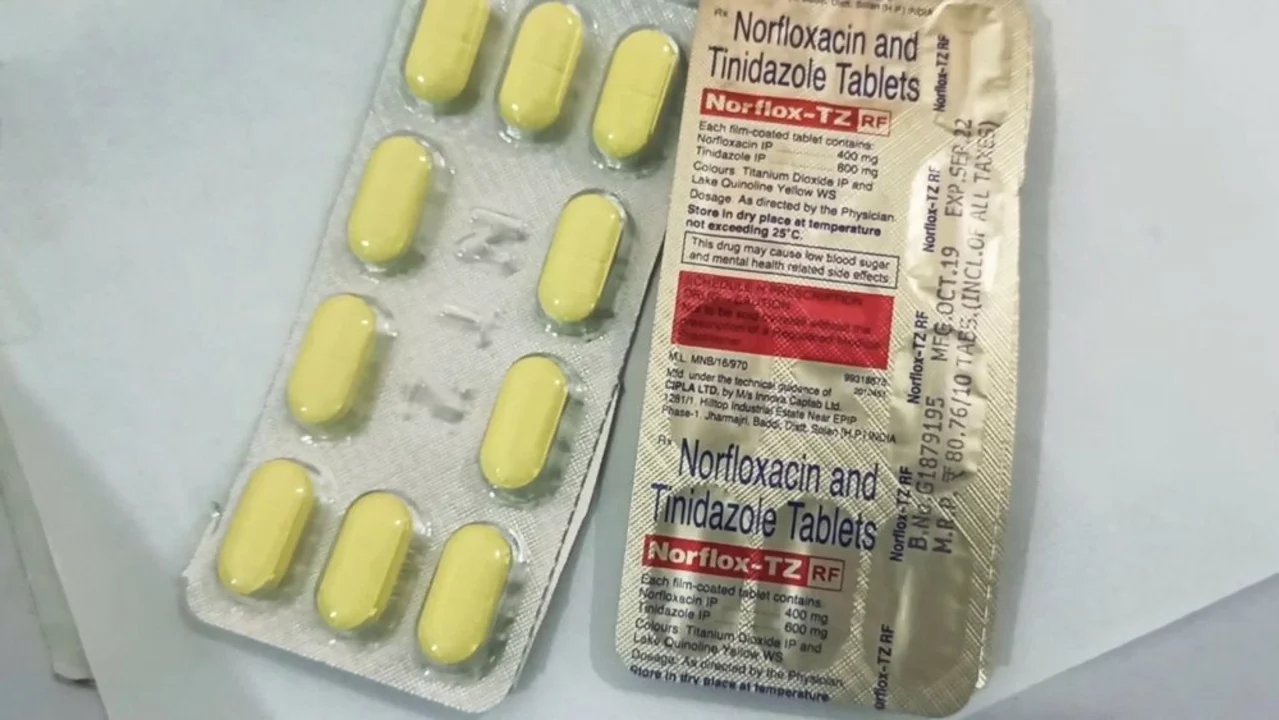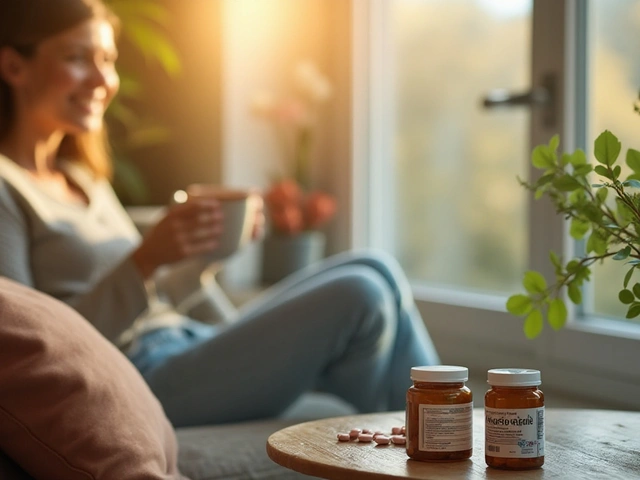Frequently Asked Questions about Medicines, Buying Online, and Safety
Have a specific question about a drug, buying meds online, or dealing with side effects? This page gives short, practical answers you can use right away. Read the quick tips below, then follow up with your doctor or pharmacist for anything that needs personal medical advice.
Buying medicines online — quick checklist
Want to order medication from a web pharmacy? First, make sure the seller asks for a prescription when required. Legit pharmacies display a license or registration number and show a real physical address and phone number. Check for secure checkout (look for HTTPS and a padlock icon) and read recent customer reviews outside the seller’s site — social media or independent forums are good. Avoid stores that offer prescription-only drugs without asking for a prescription.
Compare the active ingredient, not just brand names. Generics usually have the same active component and dose at a lower price. Double-check packaging photos and batch information, and pick shipping with tracking. If customs or legal rules in your country block certain meds, don’t risk it — consult local rules first.
Common medical questions answered
What if a drug causes side effects? Mild nausea, headache, or drowsiness often settle in a few days. If you get a rash, facial swelling, trouble breathing, fainting, or chest pain, stop the drug and seek emergency care. For less severe but concerning symptoms, call your doctor or pharmacist — they can tell you whether to stop, reduce dose, or switch medicines.
Can you switch brands or try an alternative? Don’t change prescriptions without checking with your prescriber. Alternatives exist for many drugs (for example, different blood pressure or cholesterol medicines), but doses and interactions differ. Your clinician will pick a safe substitute based on your health and other meds you take.
How do I check drug interactions? Use a reliable interaction checker or ask a pharmacist. Share a full list of prescription meds, OTC drugs, vitamins, and herbal supplements. Some herbal products like St. John’s wort or grapefruit juice can change how drugs work, so mention them too.
How should medicines be stored? Keep meds in their original containers with labels. Store most tablets in a cool, dry place away from sunlight. Some medicines need refrigeration — follow label instructions. Keep all drugs out of reach of children and pets. Dispose of expired or unused meds at a pharmacy take-back location when possible.
Privacy and payment tips: Use sites with clear privacy policies. Prefer cards or trusted payment systems rather than direct bank transfers. If a deal seems too cheap or the site pressure-sells, walk away.
Still unsure? Visit our Contact Us page to send questions or find more guides on specific drugs, dosing, and alternatives. When it comes to your health, a short call to your doctor or pharmacist often saves time and worry.




